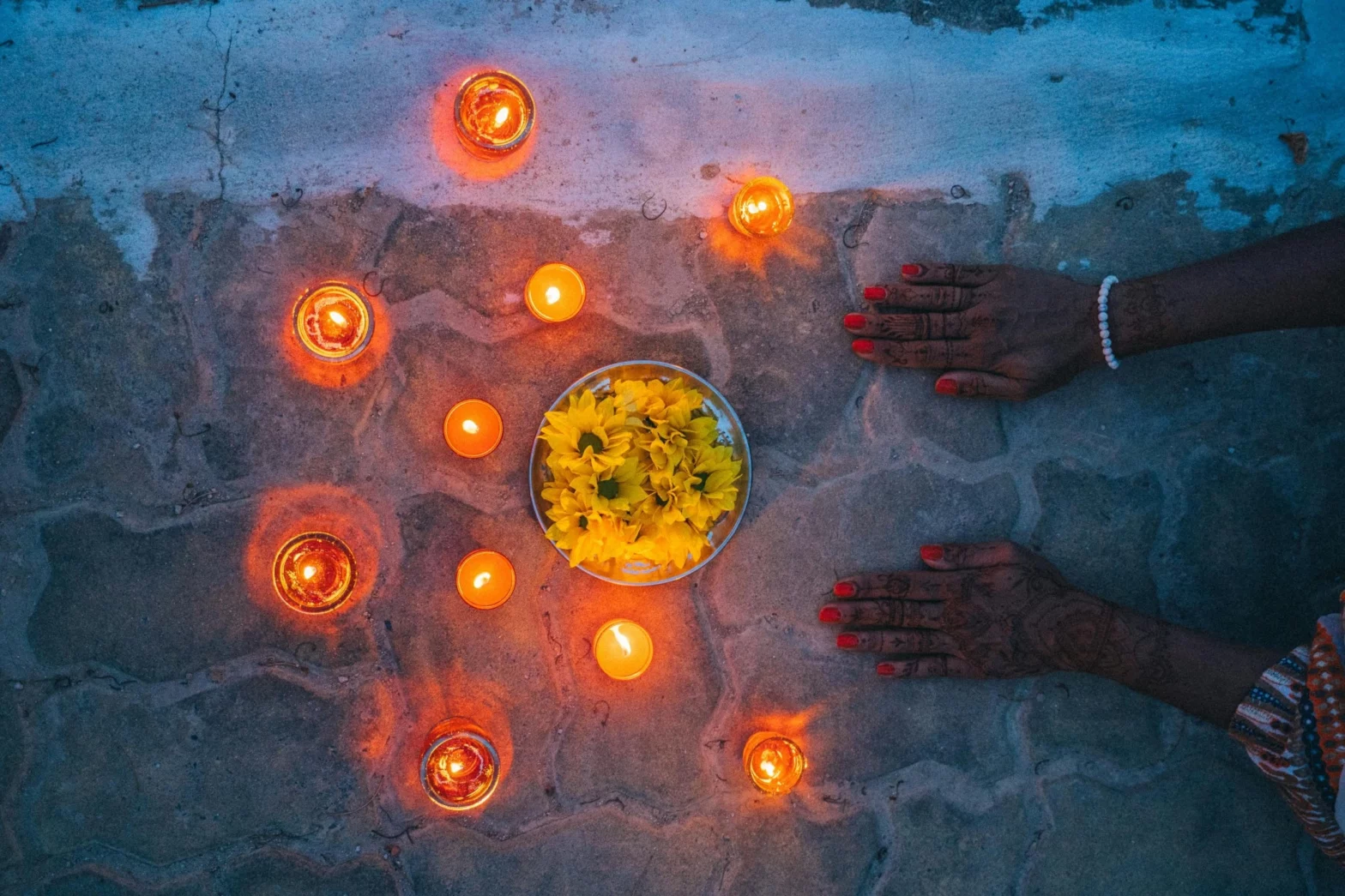India, a land of diversity and cultural richness, is adorned with a plethora of festivals that reflect the vibrant tapestry of its traditions. Among these are the regional festivals that grace different parts of the country, each with its unique customs, rituals, and significance. Let’s embark on a journey to explore some of these fascinating regional festivals!
Let’s explore the beautiful festivals that take place in different corners of India:
1. Baisakhi:
Celebrated predominantly in the northern state of Punjab, Baisakhi marks the Sikh New Year and the harvest festival. It holds immense religious significance as it commemorates the formation of the Khalsa Panth by Guru Gobind Singh Ji in 1699. The day is marked by vibrant processions, traditional folk dances like Bhangra and Gidda, and feasting on delicious Punjabi cuisine.
2. Puthandu:
Puthandu, also known as Tamil New Year, is celebrated in the southern state of Tamil Nadu. It typically falls in mid-April and is observed with great fervour. People decorate their homes with kolams (rangoli), offer prayers at temples, and prepare a lavish feast known as ‘Pachadi’, symbolising the various flavours of life.
3. Vishu:
Vishu heralds the Malayalam New Year and is predominantly celebrated in Kerala. The festival is marked by the Vishukkani, an arrangement of auspicious items like rice, fruits, flowers, and coins, which are seen first thing in the morning to bring prosperity throughout the year. Families also indulge in sumptuous traditional meals and exchange gifts.
4. Bohag Bihu:
Bohag Bihu, also referred to as Rongali Bihu, is the Assamese New Year celebrated in Assam. It signifies the onset of the Assamese New Year and the agricultural season. The festival is characterised by the melodious tunes of Bihu songs, traditional folk dances, like the Bihu dance, and community feasts featuring authentic Assamese delicacies.
5. Pana Sankranti:
Pana Sankranti marks the Odia New Year and is celebrated in the eastern state of Odisha. It is a time when people offer prayers to Lord Jagannath and visit temples. The highlight of the festival is the drinking of ‘Pana,’ a traditional drink made from sweetened water infused with herbs and spices, to beat the summer heat.
6. Poila Boishakh:
Poila Boishakh heralds the Bengali New Year and is celebrated with great enthusiasm in West Bengal and Bangladesh. The day begins with cultural programs, including traditional music and dance performances. People dress in new attire, visit temples, and indulge in delectable Bengali sweets like Rasgulla and Sandesh.
7. Ugadi:
Ugadi, also known as Telugu New Year, is celebrated in the states of Andhra Pradesh and Telangana. The day begins with ritualistic oil baths, followed by prayers at temples and the consumption of ‘Ugadi Pachadi’, a unique dish symbolising the various flavours of life – sweet, sour, salty, bitter, and spicy.
8. Gudi Padwa:
Gudi Padwa marks the Marathi New Year and is celebrated predominantly in Maharashtra. The festival begins with the hoisting of ‘Gudi’, a decorative flag symbolising victory and prosperity, outside homes. Families come together to partake in traditional rituals, savour Maharashtrian delicacies, and exchange greetings.
These regional festivals of India not only celebrate the passage of time but also serve as a reminder of the rich cultural heritage and traditions that bind communities together. They offer a glimpse into the diverse tapestry of India and provide content creators with a plethora of ideas to explore and share with their audiences. From the colourful festivities to the mouth watering cuisines and age-old rituals, each festival presents a unique opportunity to delve deeper into the cultural fabric of the country. So, let’s celebrate the spirit of unity in diversity through these joyous occasions and spread the essence of India’s regional festivals far and wide.

